Top 10 Educational Apps for Kids in 2025 – Learning Meets Fun!
How often do your kids ask, ‘Mom, can I play with your phone?’ It’s a question many parents hear daily. But what if that screen time could be transformed into a chance for kids to learn, grow, and explore through educational apps? At Timedoor Academy, we believe fun learning shouldn’t end when the school day does. With the right fun learning apps, your child can develop new skills, spark curiosity, and fall in love with education—all while having fun. To help you make the most of screen time, we’ve curated a list of the Top 10 Educational Apps for Kids in 2025—designed for children ages 4 to 12!
Top 10 Educational Fun Learning Apps for Kids in 2025
1. Khan Academy Kids: Best Educational App for Kids’ Fun Learning
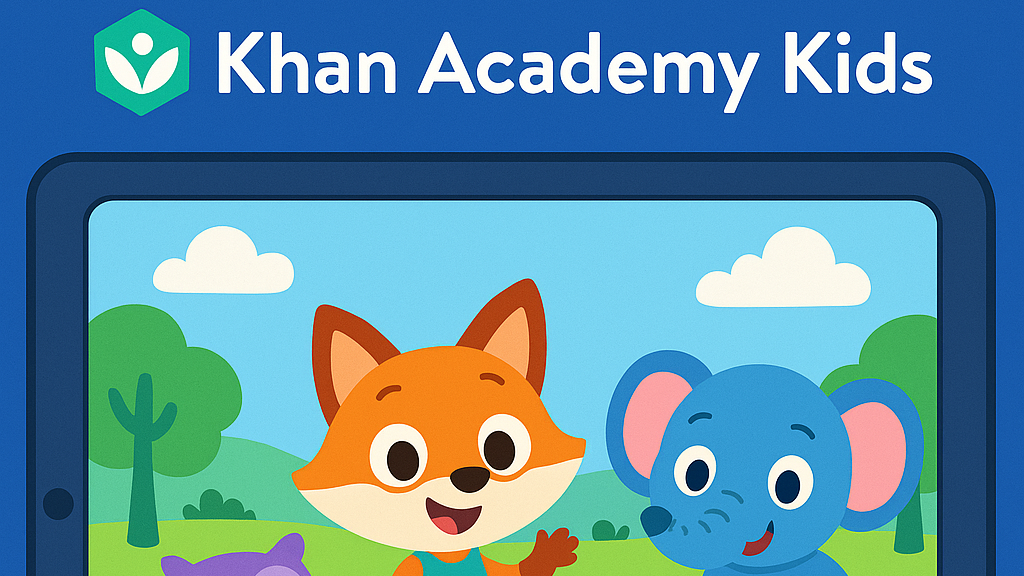
• Age: 2–8 | Free
– This all-time favorite keeps growing smarter. In 2025, Khan Academy Kids features more personalized learning paths and emotional learning tools, helping kids improve not just academically—but socially too. The app offers a broad range of subjects, from math and reading to social-emotional skills, making it ideal for holistic development.
• Timedoor Tip: Great for early learners who enjoy story-based learning!
2. Duolingo ABC: Best Educational App for Kids’ Fun Learning
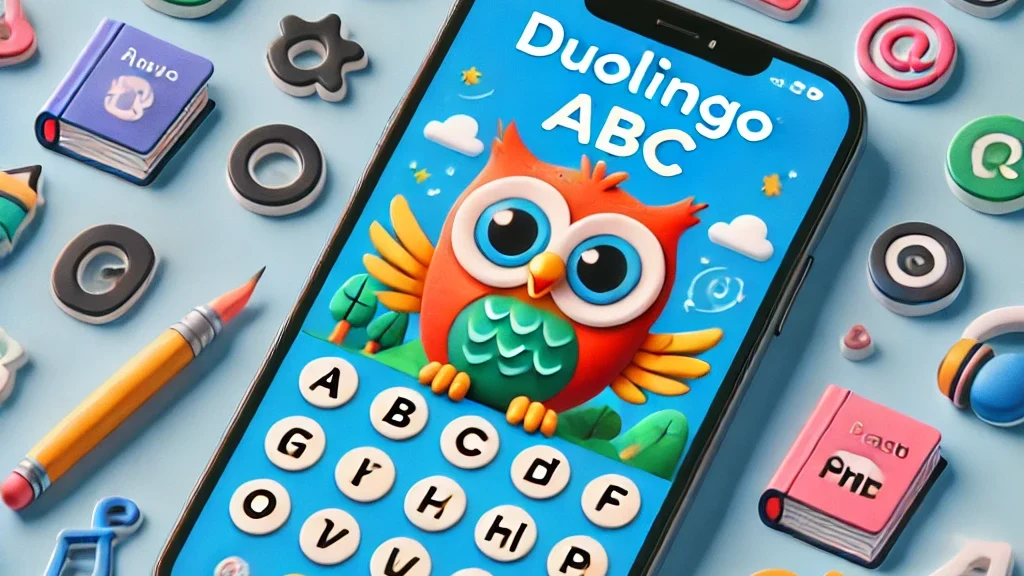
• Age: 3–7 | Free
– A charming spin-off from Duolingo, this app is now powered by AI-driven reading tutors. It helps young kids master the alphabet, phonics, and basic reading skills through interactive play. The app’s bright and engaging visuals keep children interested as they learn essential language skills step by step.
• Encourages early literacy in both native and foreign languages.
3. Toca Life World: Best Educational App for Kids’ Fun Learning

• Age: 6–12 | Freemium
– More than just a game, Toca Life is a creative sandbox for storytelling, roleplaying, and problem-solving. In 2025, it includes educational missions designed by child psychologists and educators to foster creativity and teach key skills like emotional intelligence, cooperation, and critical thinking.
• Great for building creativity and emotional intelligence.
4. Prodigy Math Game: Best Educational App for Kids’ Fun Learning
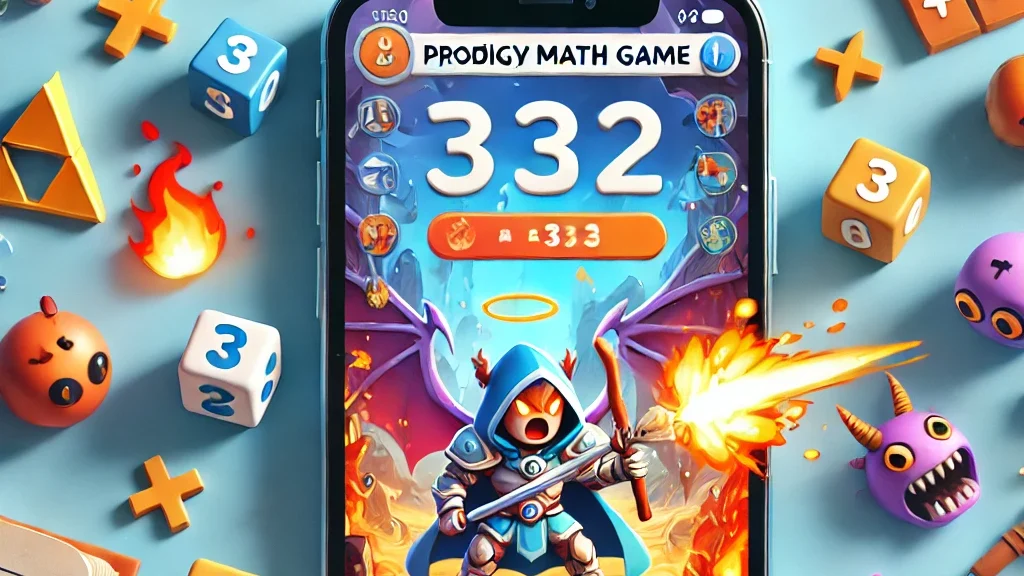
• Age: 6–12 | Free with premium option
– Prodigy gamifies math using an RPG-style format. The 2025 version introduces adaptive difficulty, so kids are constantly challenged at the right level. With multiplayer features, kids can “battle” with friends while solving math problems, turning learning into an interactive adventure.
• Fun, fantasy, and fractions—all rolled into one!
5. CodeSpark Academy: Best Educational App for Kids’ Fun Learning
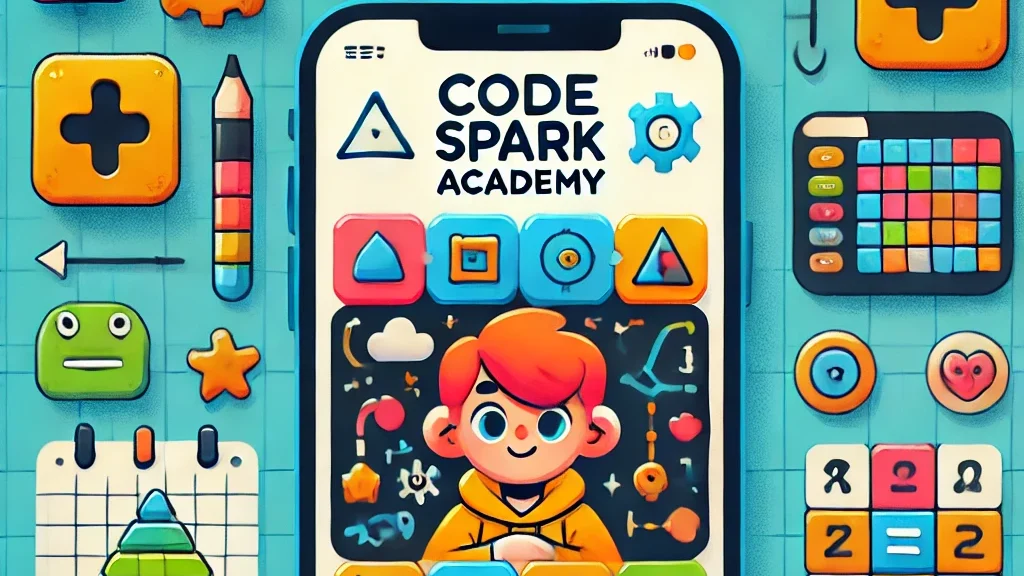
• Age: 5–9 | Subscription
– A coding app with no words! Kids learn the logic behind coding through puzzles, games, and story creation. In 2025, CodeSpark Academy introduces collaborative coding projects, allowing kids to work together and solve problems, making it even more engaging for young digital creators.
• Perfect for young digital creators and future programmers!
Read our another articles:
https://timedooracademy.com/blog/winners-announcement-of-bootcamp-december-2024
https://timedooracademy.com/blog/timedoor-academy-sea-coding-competition
6. Sago Mini World: Best Educational App for Kids’ Fun Learning

• Age: 2–5 | Subscription
– This charming app bundle includes over 40 educational games designed for toddlers, each focused on foundational concepts such as shapes, colors, and problem-solving. In 2025, the app adds new science and nature-themed adventures to spark curiosity and introduce environmental awareness.
• Ideal for learning through play—especially in early childhood.
7. Elmo Loves ABCs: Best Educational App for Kids’ Fun Learning
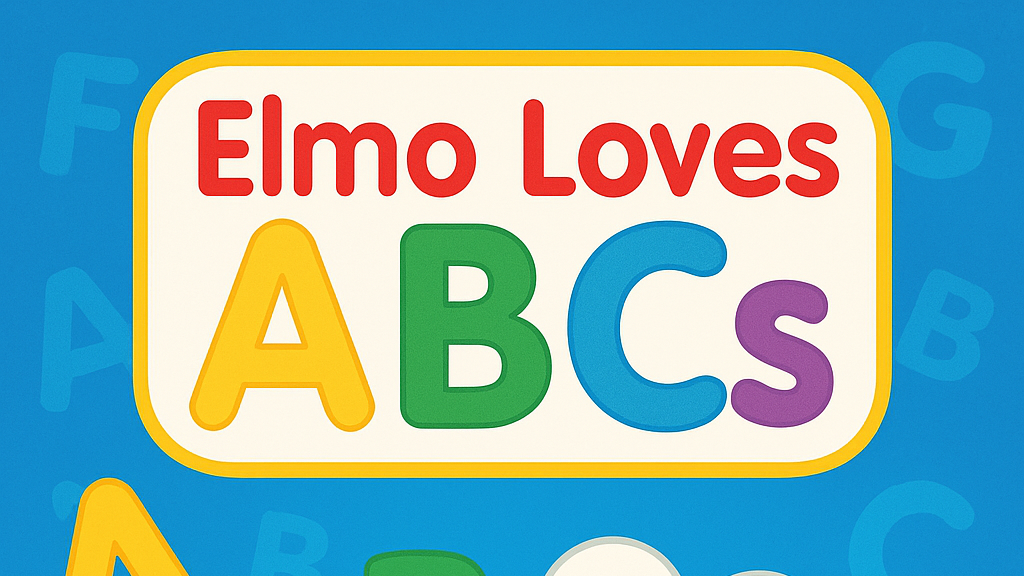
• Age: 2–5 | Paid
– Beloved Elmo helps kids learn alphabets and counting through songs, games, and drawing. A timeless favorite, Elmo’s cheerful presence makes learning numbers fun and accessible for even the youngest learners. The app offers age-appropriate challenges that promote early math skills.
• A great bonding activity for parents and toddlers.
8. Endless Alphabet: Best Educational App for Kids’ Fun Learning

• Age: 3–7 | Paid
– This delightful app uses playful animations and adorable characters to teach kids the alphabet and vocabulary. Each word is brought to life through fun puzzles, with vibrant visuals and friendly creatures that help reinforce each letter and its sound. It’s an excellent way to build literacy skills in young children.
• Great for early literacy and word recognition skills.
9. Monkey Preschool Lunchbox: Best Educational App for Kids’ Fun Learning

• Age: 2–5 | Paid
– This app introduces young children to a variety of foundational concepts such as colors, shapes, numbers, and letters, all through engaging mini-games. The app’s friendly characters make the learning process playful and entertaining, providing a fun, hands-on way to practice essential skills.
• Perfect for toddlers to build early math and reading skills in a fun way.
10. Epic!: Best Educational App for Kids’ Fun Learning

• Age: 3–12 | Subscription
– Epic! offers an extensive digital library of books, audiobooks, and educational videos, making reading more exciting for kids. The app adapts to your child’s interests and reading level, providing them with personalized recommendations and a wide variety of reading material that encourages independent learning.
• Ideal for developing reading habits and expanding vocabulary.
Turn Kids Curiosity Into Capable Fun Learning
In 2025, the world of educational apps is more exciting than ever. Whether your child wants to build stories, solve puzzles, explore new languages, or code their first game—there’s an app waiting to spark that passion.
As parents, we don’t just want our kids to be tech-savvy—we want them to be thoughtful, creative learners. The right apps, used with guidance, can be powerful tools for just that.
Want to take your kids learning to the next level?
Join one of Timedoor Academy’s online coding classes and support their development in a structured, fun, and nurturing Llearning environment. Visit our website or contact our team to find the best course for your child.